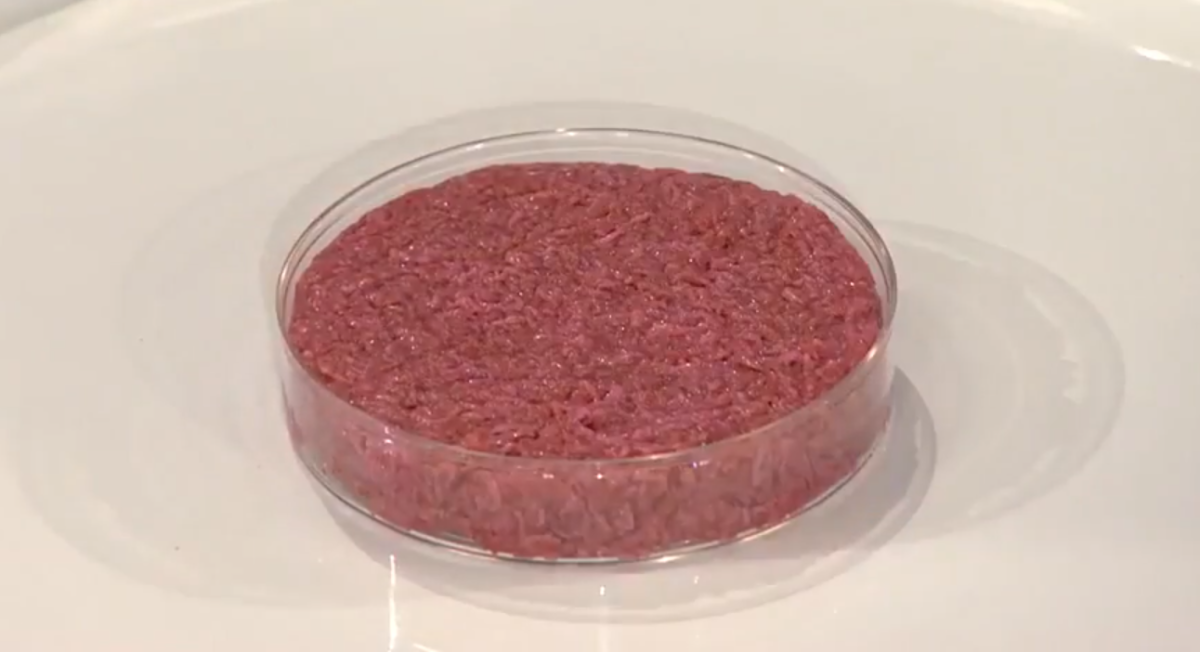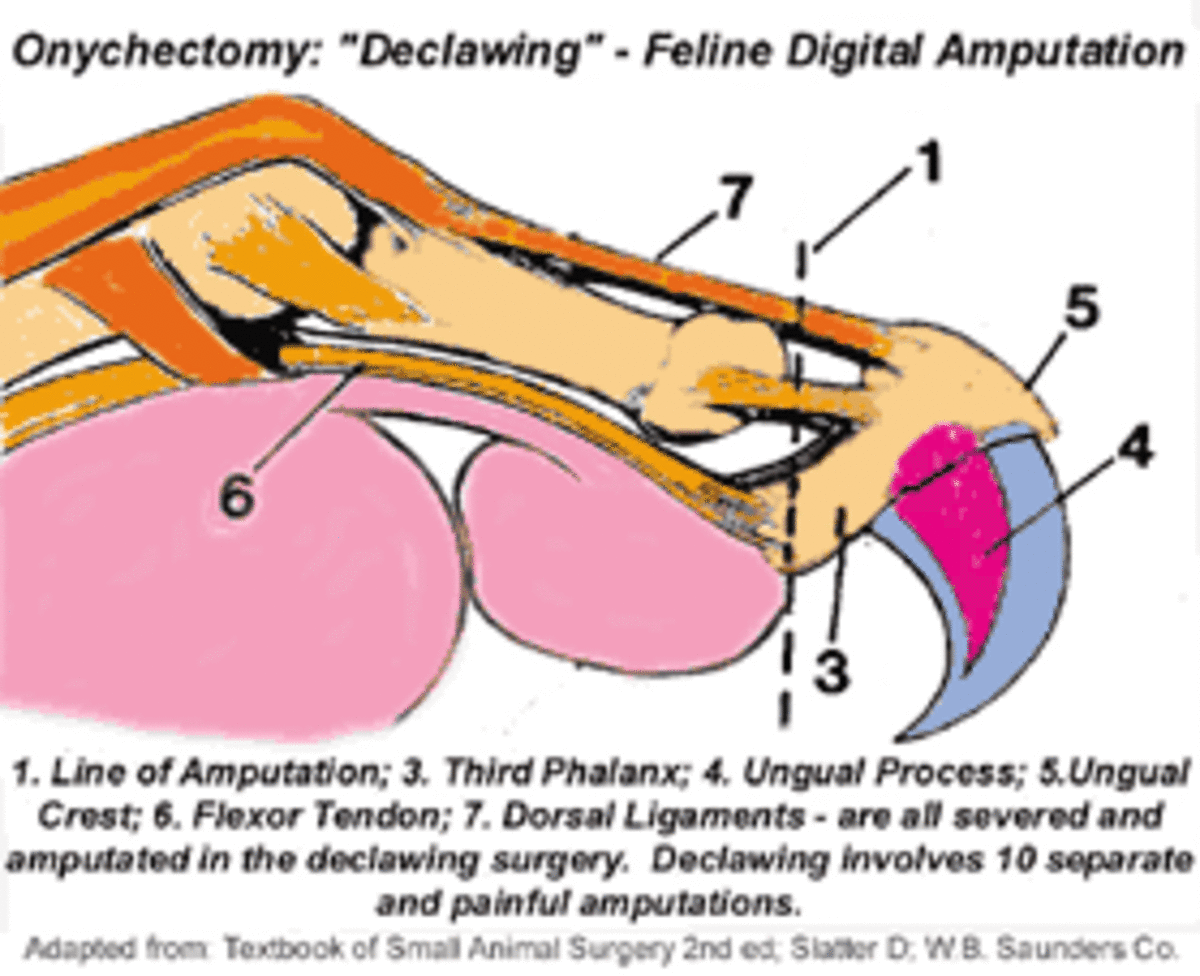Does Being Vegan Make a Difference?
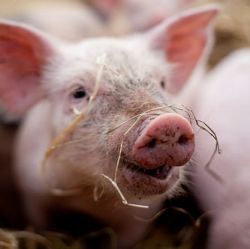
In a word: YES.
While some people try to calculate how many animals would be "saved" as a result of people choosing to eat cruelty-free meals, this isn't really an accurate way of assessing how veganism helps animals.
Over time, animals aren't literally rescued from a life of inhumane treatment followed by death in the slaughterhouse (unless you are actually adopting farm animals). Rather, fewer animals are bred for their meat as the market demand for meat is reduced.
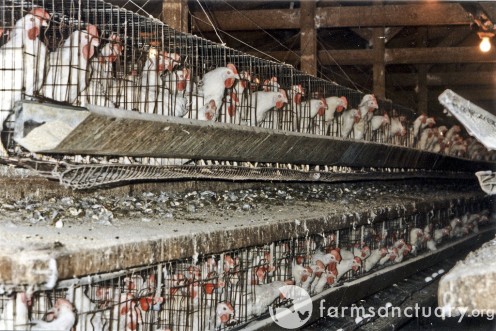
A Quick Poll
How often do you eat vegan meals?
The Power of the Consumer Dollar
According to FARM USA, approximately 10.2 billion land animals and an estimated 53 billion aquatic animals were slaughtered in the United States in the year 2010 for use as food for humans.
You may not be able to claim that you are "saving" any of these individual animals, but you certainly can hold your head high, knowing that none of them are being slaughtered in your name, for the benefit of your personal consumption.
When considered through this lens, what we are doing as vegans is voting with our consumer dollars. If more people choose to not purchase animals and animal by-products for food, the market demand for farmed animals is reduced.
At the same time, if we are purchasing vegan food sources - ideally, whole, organic foods - the market demand for these products will increase and more farmers will choose to grow food, rather than raise animals, for human consumption.
This same argument holds true for purchasing non-food items. Use your consumer dollar to reduce the demand for leather and fur, products with animal-derived ingredients or that have been tested on animals, and animal entertainment. Make purchases that increase the demand for cruelty-free alternatives!
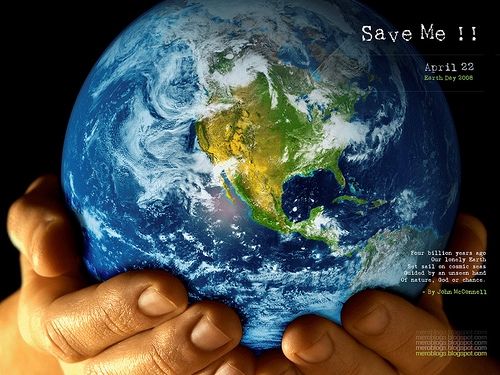
Environmental Impact
There are definite environmental benefits that come with a vegan diet, since incredible environmental damage is done in the process of raising animals for food.
Water waste, water pollution, and greenhouse gas emissions are particularly serious issues regarding large-scale animal farming. If fewer animals were being bred, raised, and slaughtered for food, the negative environmental effects of these activities would be drastically reduced.
Indeed, some experts contend that going vegan is the single most effective action a person can take in an effort to help save the earth's environment! The more people eating cruelty-free meals, the greater the collective positive impact on the environment.
Click here for a great blurb that quantifies in bullet points the effects of a vegan diet on the environment.
Follow Vegan Journey on Pinterest and Facebook!
- Vegan Journey on Facebook
"Like" the Vegan Journey Facebook for occasional posts of recipes and information about vegan living. - Vegan Journey on Pinterest
Stop in for information and inspiration! Pins for lots of recipes, vegan living information, and tips and tricks. - Vegan Journey
Here are links to my numerous articles about vegan living. I've divided them into several categories: Getting Started, Family and Community, and Recipes. I've also included links to other websites.
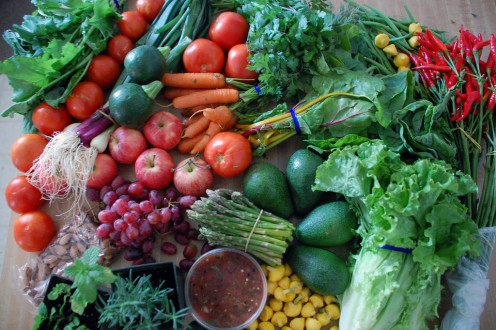
Health Benefits
One huge difference that we do make by having a vegan diet is the benefit to our own health.
Typically, when people switch to a healthy vegan diet (not just eating vegan cookies!), they see their weight go down, along with their cholesterol, fat, and sugar levels.
If you're not eating animals, you're also not ingesting the antibiotics and steroids given to those animals.
Simply put, a vegan diet consisting primarily of organic, whole foods is good for your body.
For more information on the health benefits of a vegan diet, click here.
Veganism and Our Health

Make a Difference!
Personally, I strongly believe that every single time any person sits down to eat a meal and does not consume animals or animal by-products, they are making a difference. This most certainly includes omnivores, the majority of whom intentionally or “accidentally” have at least an occasional cruelty-free meal.
The more vegan meals a person chooses – per day, per week, or per year – the greater the benefit for themselves and the environment.
A significant benefit to the vegan lifestyle is simply knowing that you’re “doing good” just by making a daily decision to not engage in animal cruelty. Choosing an ethical lifestyle increases our emotional well-being. That in itself makes the food even more delicious and satisfying!
Get Cooking!


